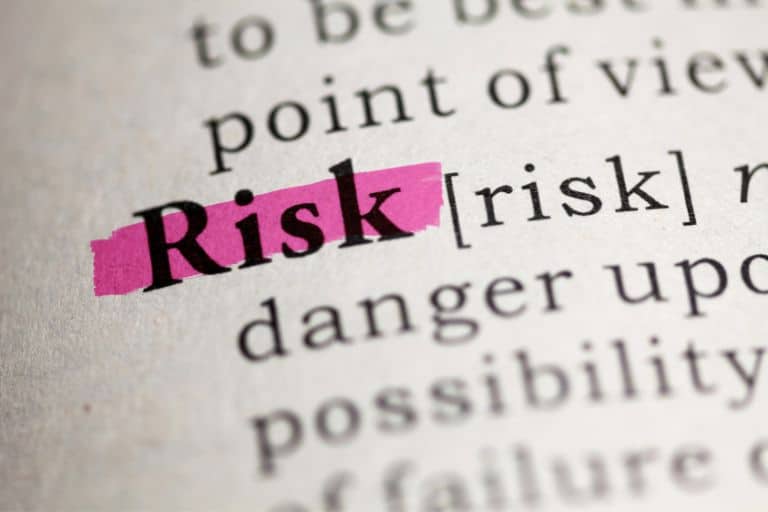So your savings are coming along tickety-boo (check out 7 Ways to Start to Save) but there comes a time when you need to make a decision. Do you or don’t you want to invest? Dun. Dun. Duuun. If the former, then here are some things to consider when investing.
1. DO. YOUR. RESEARCH.
This is one I can’t stress enough. No matter how much money you are looking to invest think of it like buying a car. You don’t just rock up, throw your money at the seller, jump in, and toot-toot off down the road. You decide on what kind of car you want to buy, how much mileage you want it to have, does it have a service history, is there a warranty. If you’re a fusspot like me, you probably also know the exact colour it has to be. Once on-site it’s then out with the magnifying glass and fine tooth comb to double-check that it matches the sales description.
For the investing equivalent, don’t throw your money at something your cousin twice removed has told you is a dead cert and that before you know it you’ll be rolling in it.
Do your in-depth research. What’s the consensus online? Who is behind the company/stocks/shares, or dare I say crypto? The latter of which is largely unregulated and can be very volatile. There are also a lot of scammers out there looking to make a quick buck, and you don’t want that buck to be yours.
If it sounds too good to be true then guess what? Red alert and sound the sirens.
2. DIY OR DONE-FOR-YOU
For DIY, how will you decide what to invest in? Perhaps a good starting point would be to sign up for investment newsletters so you can stay up to date with the ever-changing market. One of the most well known is The Motley Fool which offers stock market news, investing articles, and indeed share tips. For the latter still do your research. It’s no doubt a good idea to sign up for more than one newsletter. If you have a peek here there’s a plethora to choose from.
As for company sleuthing aside from their website and share price, one of the most valuable things to view is their annual report. How have they been faring? What are their future plans?
If you don’t have the time or energy to manage your investment strategy then a done-for-you service via an investment company would no doubt be your best option. These do incur a fee or service charge.
Investment companies and fees vary. Typically your bank also offers sharedealing services. You could also check out this Best Investing Platforms for Beginners as featured on The Times Money Mentor.
3. GOING. GOING. GONE.
Another thing to consider when investing and for want of stating the obvious ONLY INVEST WHAT YOU CAN AFFORD TO LOSE. Shouting? You betcha. It’s not all sweet-smelling roses popping up left right and centre. Investments can go down as well as up. They can also go kaputt and be no more. We’ve all no doubt seen those heartbreaking stories where people have thrown their life savings into the latest and greatest investment opportunity only to have it go down the pan. Sadly along with their hopes and dreams.
4. LONG-TERM OR SHORT-TERM?
What is your strategy? Are you investing for the long-term or will you need access to the funds sooner rather than later? If so short-term would be better. Your short-term strategy could be that you’ve got your sights on investing to obtain a potentially higher return than a standard savings plan. Say you’re thinking of your dream round-the-world trip. Generally, long-term is considered 5-10 years or more.
Do you want to pay into your investment monthly or pay as a lump sum?
Either way, investing generally occurs over a period of time as opposed to a quick turnaround. That is unless a major event (hmm Covid-19 anyone?) takes place that causes a dip followed by a swift-ish recovery. The former is where most people run for the hills but this is where good returns can also be made.
5. RISK? WHAT RISK?
Investing isn’t for everyone. If you’re going to lie awake at night worrying about whether you will or won’t have any money left at the end, may I suggest you give it a miss.
I (within reason) have a fairly high-risk temperament unlike a mate (Sammy the Squirrel) who doesn’t. Neither is right nor wrong. Choose what works best for you and allows you to Zzz’s at night.
So in a nutshell, add ‘factor in your risk threshold’ to your things to consider when investing list. Higher returns generally mean a higher risk.
6. HOW MUCH SHOULD I INVEST?
Ok, so you’ve made the decision that you’re going for it. How much should I invest – revert back to number 3. Investments go down as well as up and if it goes desperately wrong you could lose it all. Whether it’s a lump sum or £50 a month, or even $1 a month (as touted by Revolut) it’s whatever money you want to invest into your future. The key is that you are aware of the risks involved with your investment and that you have a strategy.
7. DIVERSIFY
Basket. Eggs. In. Put in the right order. Yep don’t put all your eggs in one basket. Aah, another saying, who knew that this one was first found in print in the 17th Century? Anyway, I digress. The moral is, as I’m sure you know, not to put all your investment money in one place. Rather it’s better to diversify. If one area goes belly up, then you have spread the risk and not lost everything.
So there you have my things to consider when investing. How’s it going for you. Have you started investing? Do let us know in the comments!






As always good advice and great humour. TBH the don’t invest what you cannot afford to lose is the best I’ve heard.
Thanks Myra and yes sadly too many people throw everything into the pot!